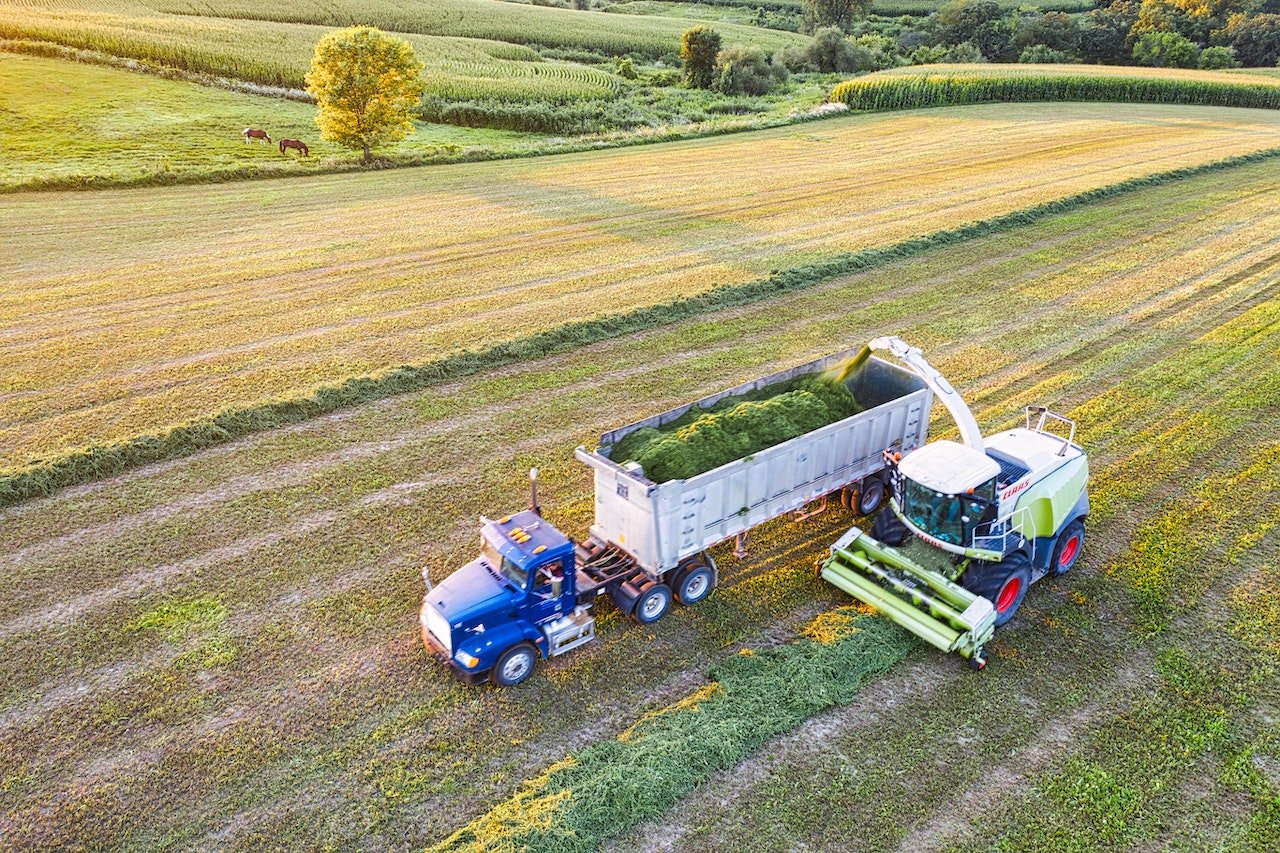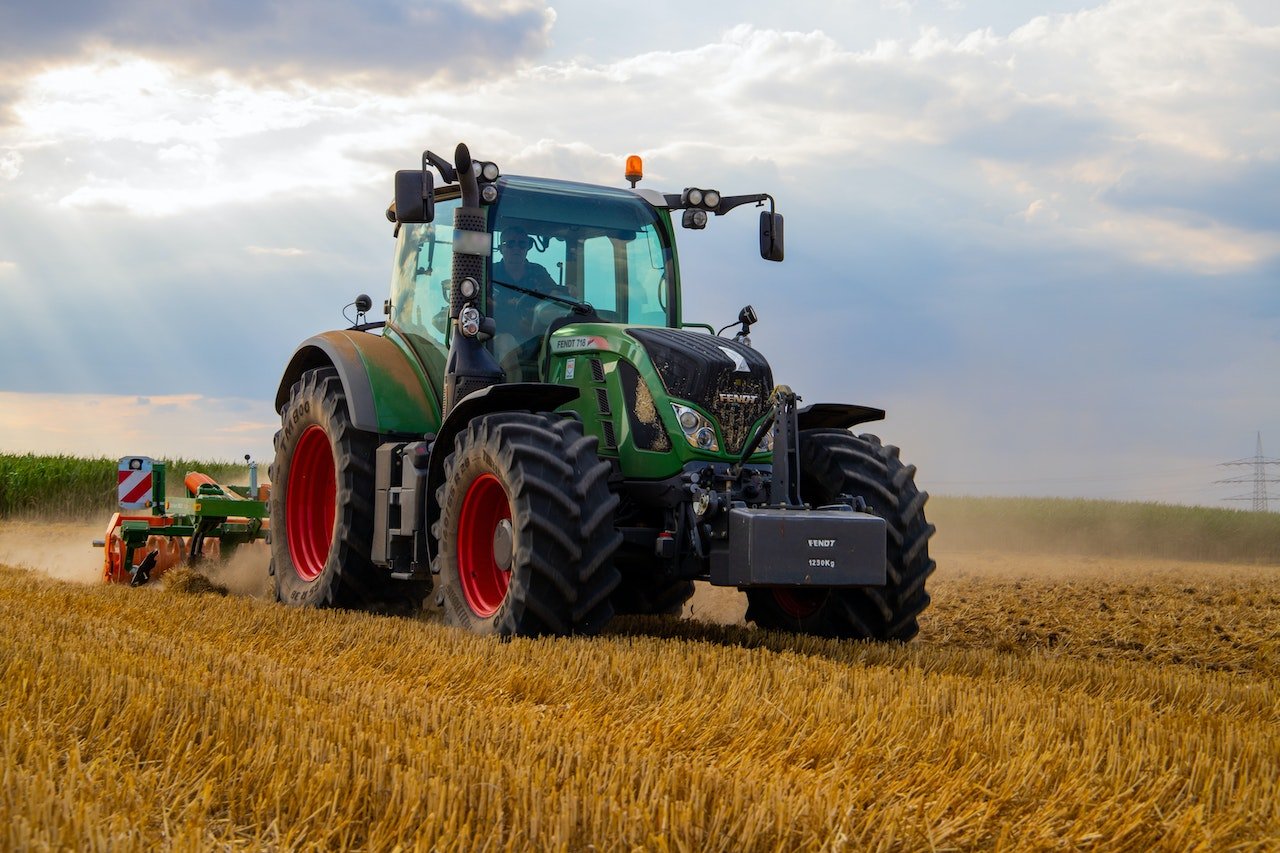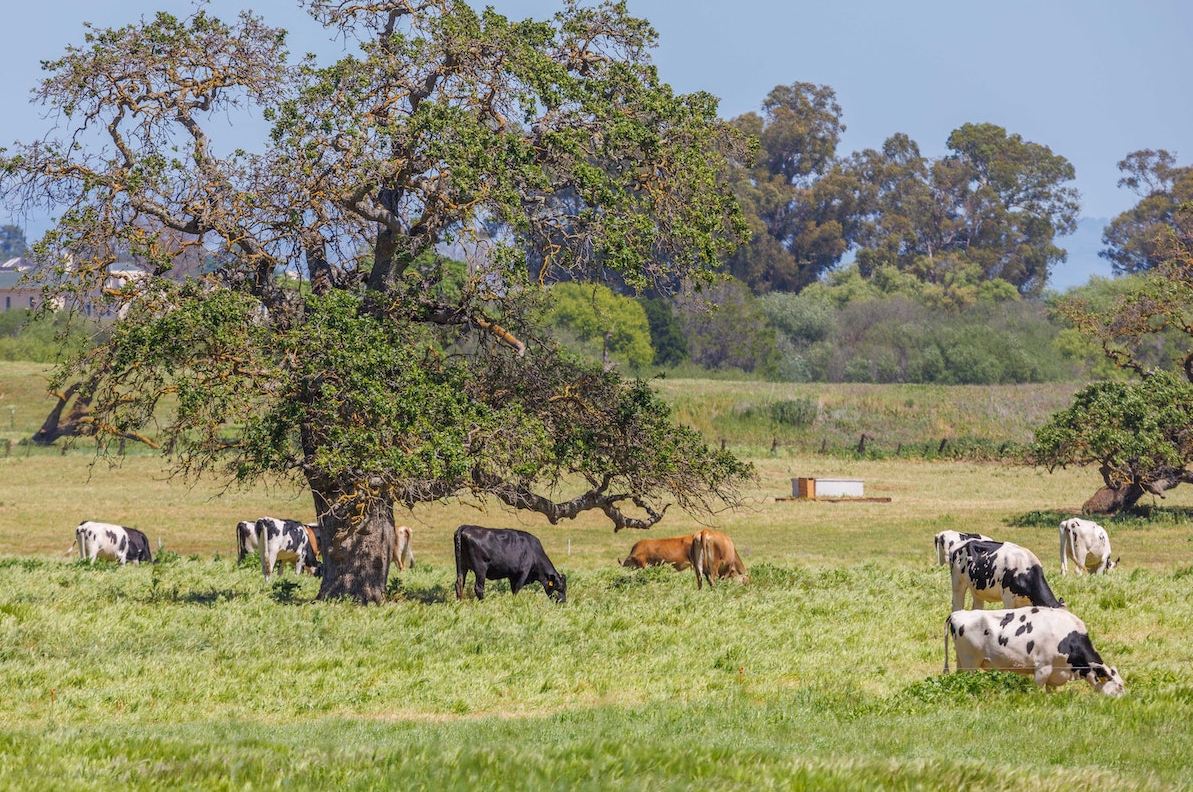Agricultural Exemption in Texas is an appraisal by the County Appraisal District based on the land's agricultural use. It's more of an agricultural appraisal. Landowners can request this special appraisal status based on the productivity value of their land rather than its market value.
The productivity value is usually lower than the market value, which means the property tax will be lower too. In order to qualify, landowners must use their land for farming. If they take the land out of agricultural use, they may face a rollback tax.
TABLE OF CONTENTS
- How to Get Agricultural Tax Exemption in Texas?
- Who Qualifies for Agricultural and Timber Exemptions?
- How to Apply for Texas Agricultural and Timber Registration Number?
- What Activities Qualify for Agricultural and Timber Exemptions?
- What Activities Do Not Qualify for Agricultural Exemption in Texas?
- How Many Acres Do You Need for a Special Ag Valuation?
- Which Animals Qualify for Agricultural Valuation in Texas?
- Texas Agricultural Exemption
How to Get Agricultural Tax Exemption in Texas?
Here are the criteria property owners need to meet in order to qualify for an agricultural appraisal status:
-
The land must be mainly used for agriculture, which includes growing crops, raising livestock, and poultry, or leaving it idle for government programs or crop/livestock rotation. Land used for producing certain exotic animals or birds for human consumption or commercial purposes is also eligible.
-
Land used for wildlife management can count as agricultural use if it was previously qualified open-space land and is actively used for wildlife management. To qualify, the land must be used in at least three of seven ways to breed wild animals for human use.
-
The land must have been used for farming for at least five out of the past seven years. If the land is within the city limits, it must have been used continuously for the previous five years, unless it didn't receive the same level of city services as other properties in the area.
-
Agricultural land must be used for production at a level of intensity that's typical in the local area.
If the agricultural land that received a lower appraisal is used for non-agricultural purposes, the property owner will owe a rollback tax.
This tax covers the previous five years and is calculated as the difference between the taxes paid based on the land's agricultural value and the taxes that would have been paid based on its higher market value. The owner must also pay 7 percent interest for each year from when the taxes were due.
Who Qualifies for Agricultural and Timber Exemptions?
According to the Texas Comptroller of Public Accounts, if you are a farmer, rancher, or timber producer engaged in one of the qualified activities, you qualify for tax exemption on the purchase of certain items used to produce your agricultural and timber products for sale.
All purchasers, including non-Texas residents, must have a valid agricultural and timber registration number issued by the Comptroller to claim exemption from Texas tax. If you do not have a valid number, you must pay taxes to retailers on your purchases.

How to Apply for Texas Agricultural and Timber Registration Number?
You must apply for an agricultural and timber registration number (Ag/Timber Number) from the Comptroller to claim tax exemption on qualifying items. When submitting your application, do not forget to include the following:
-
Your business’s name, description, and address
-
Social Security number
-
If you do now qualify for a Social Security number, you must apply by mail and include your national identification number and country of origin on the application.
-
Your Secretary of State (SOS) file number if your business is registered with the Texas SOS.
You can apply online on the Texas Comptroller website or paper by mailing the paper version of the file to the Texas Comptroller.
Sign Up for free Get the first to receive the latest listing updates, save favorites & much more by signing up.
If you already have in account, SIGN IN.
What Activities Qualify for Agricultural and Timer Exemptions?
Listed below are the activities that qualify for Ag/Timber Exemptions:
-
Farming Or Ranching For The Purpose Of Raising Agricultural Products For Sale;
-
Production Of Fiber Crops (Cotton, Hemp, Flax, Etc.) For Sale;
-
Timber Production (Including Contract Logging);
-
Feedlot Operation;
-
Commercial Fish Farm Operation;
-
Bee Keeping;
-
Custom Harvesting;
-
Crop Dusting (As Defined By 14 Cfr Section 137.3);
-
Growing Plants For Sale In A Commercial Nursery;
-
A Veterinary Business That Makes Farm Or Ranch Calls;
-
Future Farmers of America or 4-H;
-
Teaching An Agricultural Vocational Course

What Activities Do Not Qualify for Agricultural Exemption in Texas?
Listed below are the activities that do not qualify for Ag/Timber Exemptions:
-
Home Gardening;
-
Horse (Pdf) Racing, Boarding, Training, or Trail Rides;
-
Rodeos, Circuses, or Zoos;
-
Florists Or Similar Retailers Who Maintain Plants Before Sale;
-
Wildlife Management And Conservation;
-
Hunting And Fishing Operations, Including Aerial Hunting;
-
Predator Control;
-
Wildlife Or Livestock Surveys;
-
Commercial Fishing;
-
Companion Animal (Pet) Breeding;
-
Kennels Or Other Animal Boarding Businesses
How Many Acres Do You Need for a Special Ag Valuation?
The requirements for agricultural exemption vary by county, but generally, you need a minimum of 10 acres of eligible agricultural land to qualify. Contact your county for confirmation.
Which Animals Qualify for Agricultural Valuation in Texas?
Each Texas county has its own rules, but the typical animals are cattle, sheep, goals, and bees qualify for special ag valuation.

Texas Agricultural Exemption
Central Texas offers incredible opportunities for those interested in purchasing land, farms, or ranches. With the Agricultural Exemption, you can benefit from a lower property tax based on the land's agricultural use and productivity value. Imagine the possibility of owning your own piece of Texas countryside while enjoying reduced tax burdens.
If you're considering embarking on this exciting journey of finding land, farms, or ranches in Texas, click here to speak with a knowledgeable real estate consultant who can guide you through the process and help you make the most informed decision. Take the first step toward your dream property today!
Sources:
Posted by Ryan Rodenbeck on

Leave A Comment